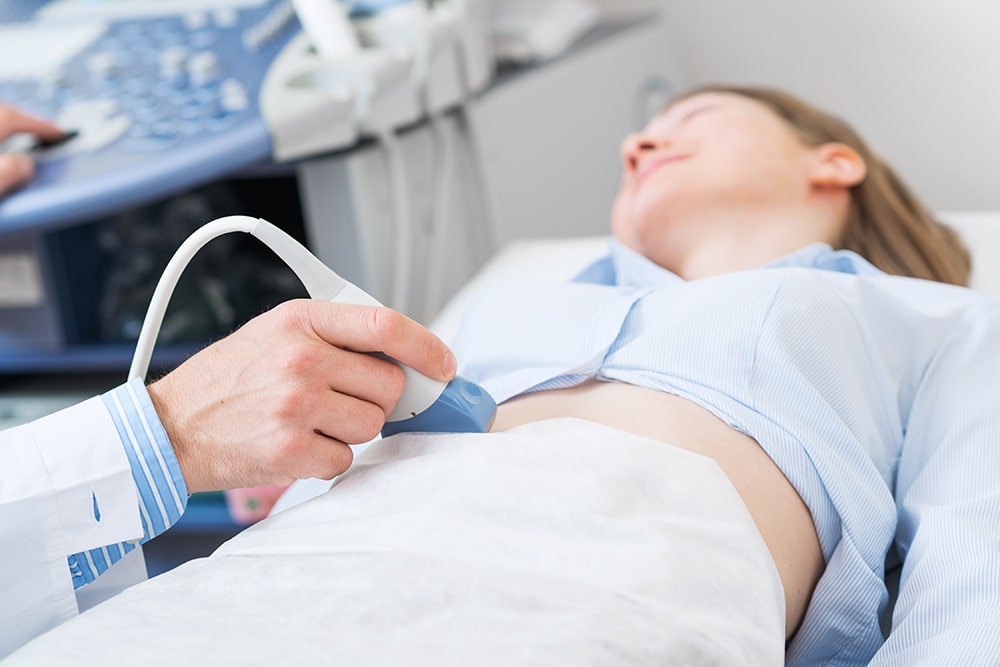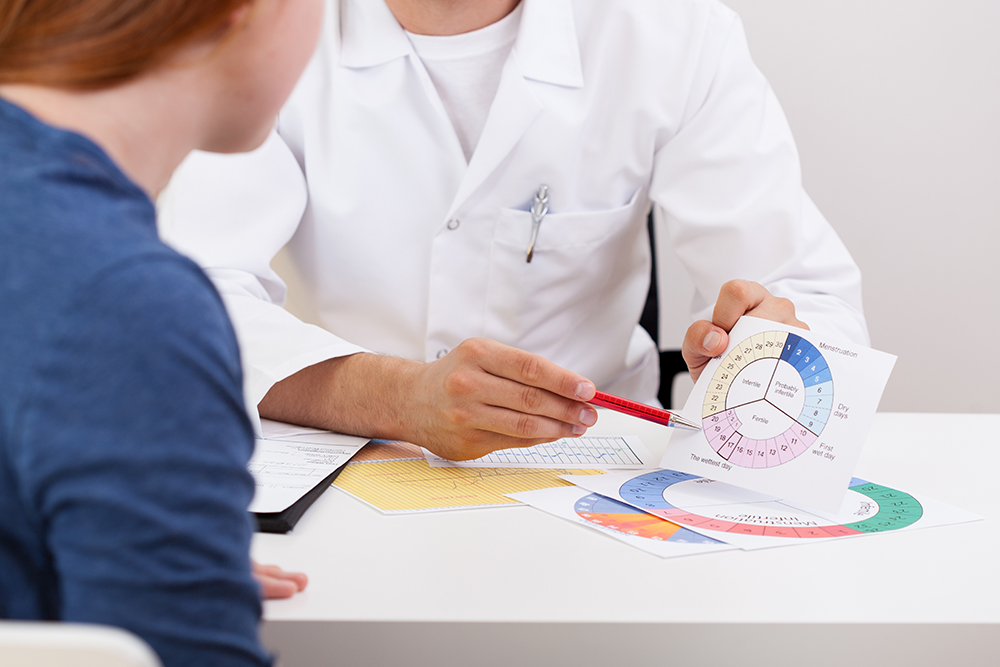In vitro fertilization (IVF) is one of the treatment options for infertility. It refers to the technique of fertilizing an egg with a sperm outside the body through artificial means.
Conditions suitable for IVF
- Women with blocked, damaged or absent fallopian tubes
- Women with severe endometriosis
- Women with severe ovulatory problem
- Women who have reached an advanced reproductive age or have low ovarian reserve, which creates urgency for them to become pregnant
- Unexplained infertility
- Attempted other infertility treatment options but without success
- Sexual dysfunction
- Severe male fertility problem
Safety of IVF Services in Hong Kong
IVF services are considered a low-risk procedure, and doctors will explain the associated risks, such as ovarian hyperstimulation syndrome and potential risks during the procedure, before performing the IVF surgery. They will also provide detailed explanations of each step of the IVF process to assess whether you are suitable for IVF services.
Before undergoing IVF, it is advisable to consult with a doctor to obtain detailed information about IVF. This will help you gain more knowledge about the procedure, risks, and treatment options, enabling you to make informed decisions.
Success Rates of IVF Services in Hong Kong
IVF services can assist couples experiencing infertility in achieving pregnancy. However, the success rates of IVF can vary depending on individual factors, primarily based on each person's specific circumstances. Factors that can impact the success rates of IVF include a woman's age, as the chances of conceiving significantly decline after the age of 35, and various infertility issues. Overall, IVF services tend to have higher success rates compared to other infertility treatments, and any remaining embryos can be cryopreserved for future attempts at pregnancy.
IVF procedures
The entire process of In Vitro Fertilization (IVF) services takes approximately 1-2 months. The detailed steps of IVF are as follows:
- The couple will first attend a physical examination for preliminary diagnosis, in which blood taking, ultrasound, semen analysis, will be done. Specialist in obstetrics and gynaecology will identify the causes of infertility and recommend the most suitable treatment plan for the couple.
- If the assessment results have shown that it is appropriate to conduct IVF, the specialist will explain the relevant treatment procedures, related potential risks, and side effects in details. Both partners have to sign a consent form before starting the treatment
- The treatment cycle usually starts on the 2nd or 3rd day of the menstrual cycle. The specialist will prescribe hormonal drugs for the female in order to stimulate development of multiple follicles. To determine the time of egg collection, the specialist will regularly monitor the development of follicles through ultrasound. When the egg has become mature, an ovulation trigger injection will be given in order to induce ovulation. Egg collection will be performed within 34-36 hours following the ovulation trigger injection. Semen sample will also be collected from the male partner on the same day.
- Egg collection procedure : the specialist will determine the position of the follicle under the guidance of ultrasound. A small needle will be used to enter the ovary via the vagina to collect the egg. The operating room is usually connected to the embryo laboratory, where an embryologist will spontaneously assess the collected eggs and immediately proceed with embryonic procedures right after egg retrieval. In case there are numerous follicles and expected a long procedural time, the use of anesthesia such as monitored anesthesia care (MAC) are recommended. Following the operation, the patients will need to rest for 1 – 2 hours before leaving the operating room.
- On the day of the egg collection procedure: semen sample will be collected from the male partner. The collected egg and sperm will be handed over to the laboratory embryologist for the insemination procedure. After the egg is fertilized, the cells will begin to divide and develop into an embryo. The Embryologist will closely monitor the embryo development which helps assessing the most suitable time for embryo transfer;
- If suitable, patient could choose to implant the embryo on the 3rd or 5th day after the egg was retrieved for insemination. If the egg retrieval cycle is not suitable for embryo transferal (e.g. unable to match with the implantation period, presence of endometrial polyps that need to be removed, high risk of ovarian hyperstimulation syndrome after implanting the fresh embryo, etc.), the embryo will be kept frozen until readiness of transfer in the next cycle. During embryo transfer, the doctor will use a small catheter that passes through the cervix to place the embryo into the uterine cavity. Following the procedure, the patient will be able to go home after a short rest.
- Finally, blood will be taken about two weeks later for an early pregnancy test in order to determine if pregnancy is successful.
How to use frozen embryos
The methods could be conducted in either natural cycle or hormone replacement cycle. While the natural cycle is suitable for women with regular menstrual periods, the hormone replacement cycle is suitable for women with irregular menstruation. Both methods have similar pregnancy success rates.
Patients who fail to become pregnant despite attempting different methods could consider making an appointment with a specialist in assisted reproduction. By understanding the condition, appropriate solutions could be chosen to solve the problem of infertility.
Contact us
If you have tried different methods without success in achieving pregnancy, it may be advisable to consider scheduling an appointment with our reproductive specialist to understand the underlying causes of infertility and receive detailed consultation. This will help determine whether you are suitable for In Vitro Fertilization (IVF) or other assisted reproductive services. Please feel free to reach out to us via WhatsApp 96025125. We would be happy to provide you with further information and address any inquiries you may have.



